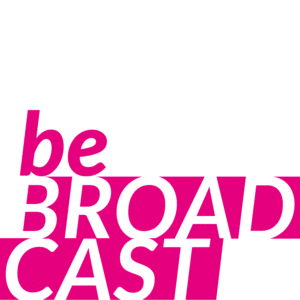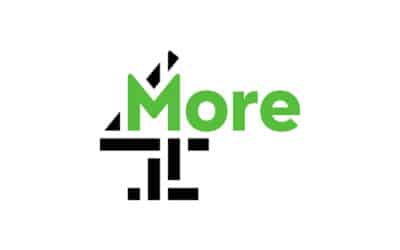As the UK enters election mode Be Broadcast is following suit, launching a monthly review of “who wins” broadcast throughout the month between Sunak and Starmer using its Mission Control tool.
Mission Control is the same tool Be Broadcast uses for its clients – analysing broadcast appearances and pinpointing how they perform against competitors and spotting trends, managing issues, and allowing a timely response to developing crises.
The first month’s results for the topical election analysis are in, and Be Broadcast’s analysis has concluded that Keir Starmer “won” January.
The comprehensive analysis highlighted the Labour leader as the foremost figure in January’s broadcast media, eclipsing Rishi Sunak across a detailed review of over 41,000 discussions within the UK.
In early January, Starmer’s address, which laid out his goals and vision, received widespread acclaim, establishing a favourable outlook for his leadership. This moment of triumph was momentarily challenged when Sunak suggested that the general election would take place in the latter part of 2024, aiming to divert the media’s attention from Starmer’s favourable reception.
Nevertheless, Sunak’s attempt to shift media focus did not proceed as planned. Starmer’s counter, criticising Sunak for “squatting” in power, not only recaptured the media spotlight but also highlighted the counterproductive effect of Sunak’s manoeuvre.
The report further delineates Sunak’s challenges, particularly the Rwanda vote and policy, election strategy, and the UK’s involvement in airstrikes in Yemen, as principal areas of dispute.
Notably, Sunak faced obstacles in January, chiefly his main policy of “stopping the boats” and the Rwanda vote, which predominated his media presence. Critique from within his own party, especially from Sir Simon Clarke, resulted in a predominantly negative tone in his coverage.
Stopping the boats continued as Sunak’s primary policy emphasis within media discussions, with minimal focus on other policy matters.
Concurrently, Starmer aimed to shift focus towards domestic issues, such as his proposal to prohibit Zombie Knives. Yet, this emphasis was also overshadowed by Sir Simon Clarke’s political manoeuvres, showcasing the profound impact of internal party dynamics on public policy discourse.
Throughout the month, Sunak was portrayed as cautious and strategic, focused on managing his party’s complexities and national policy debates. In contrast, Starmer was depicted as analytical and responsive, particularly to Sunak’s leadership and decisions, indicating a dynamic strategic interaction between the opposition and the government.
The media also frequently commented on the perceived lack of charisma in both leaders, often comparing them to the charismatic nature of former Prime Ministers like Boris Johnson.
Other highlights included:
- Starmer’s Broadcast Share of Voice: Keir Starmer significantly increased his broadcast share of voice from December to January by 46%, indicating a notable rise in engagement and visibility. However, he remains behind Rishi Sunak’s overall share of voice, denoting Sunak’s wider media presence.
- Media Correction Affects Sunak: A media correction regarding Rishi Sunak’s statements about resolving the migration backlog, which was extensively questioned by various media outlets, led to a one-point deduction for Sunak. This correction emphasises the scrutiny on the accuracy and dependability of public declarations by political figures.
- Personality as a Contention Point: The analysis identifies the leaders’ personalities as a major point of contention, reflecting a wider debate on leadership styles and public appeal in the current political environment.
- A significant portion of the political discourse occurred on UK regional radio platforms. Notably, neither Starmer nor Sunak has actively participated in these discussions, missing an opportunity to directly engage with audiences.
- The primary media outlets driving discussions around the political leaders were pinpointed as GB News, Times Radio, LBC London, and TalkTV. These platforms played a crucial role in shaping the media narrative and public perception of both leaders.













